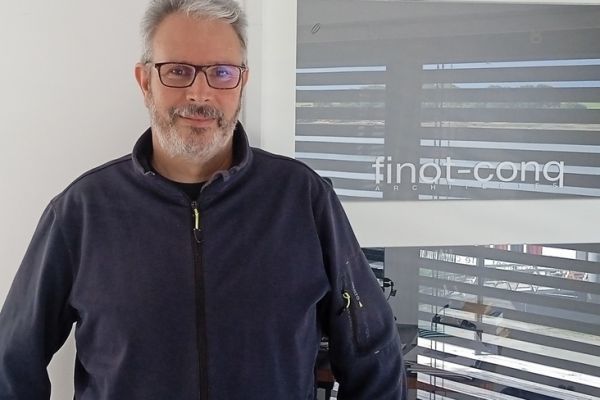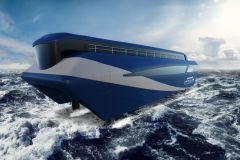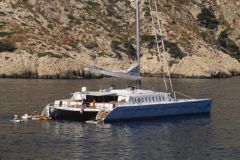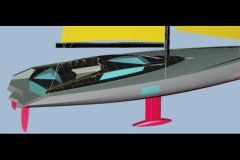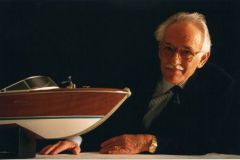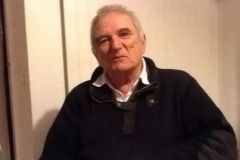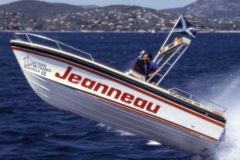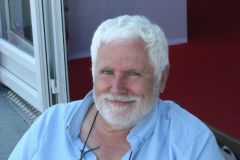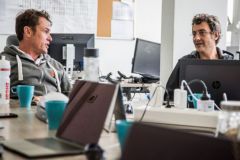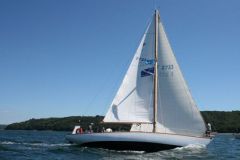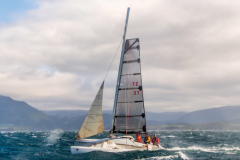The three-thirds rule? It's not just the French who apply it. Finot Conq, a shipyard based in Vannes, France, consistently works equally on production cruisers, single-handed cruisers and ocean racing yachts. With a historical particularity, as David de Prémorel, the firm's managing director, likes to remind us: " We do everything in-house, with a few rare exceptions, such as the large FC Cube catamaran currently under construction, for which we are working with the Lorient-based firm GSEA ." Scheduled for delivery in 2026, it is set to be a milestone in terms of size and expected performance. " For the rest, we do everything: naval architecture, design, structural calculations, styling, decoration... the plans are just the medium for everything we've been inventing for years ."
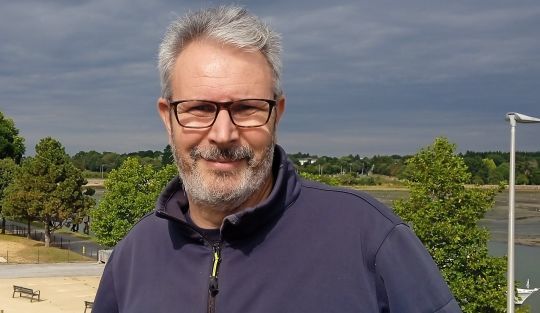
Passing the baton to governance
The start of the 2024 school year marks another turning point in the history of Finot Conq: aerodynamics expert and dynamic engineer David de Prémorel succeeds Pascal Conq, who retired this summer. A page is turned in continuity, with Erwan Gourdon (naval architect, graduate of the Southampton Institute), Pierre Forgia (designer and stylist) and Pierre Robin (architect DPLG) at his side. " This departure is a first, as Finot-Conq has always had zero turnover. "
The Finot-Conq adventure began in 1968 at Les Glénans, when Jean-Marie Finot designed the Écume de Mer, double Quarter Ton Cup winner and 1975 Boat of the Year. Fifty years later, Finot-Conq has designed over 200 different boat models, selling more than 45,000 units worldwide. Bénéteau, Pogo and Marine Composite are key clients for the Vannes-based firm, which is very much at home in the large, powerful monohull segment, but is increasingly developing multihulls.
Multihulls and lightweight boats, a double underlying trend
David de Prémorel confirms: " Multihull cruising is a major trend. Cruisers appreciate the fact that they can save space and don't heel. We're also seeing a refocusing on less distant destinations. But when it comes to long-distance cruising, sailing is still the name of the game ."
This geographic refocusing may be influenced by climate change. The other underlying trend is to improve the recyclability of the industry and its carbon footprint. Renewable energy generators are all the rage, but they are not the be-all and end-all Hydrogenerators work very well for fast cruising, but the carbon footprint of a modern diesel engine is not always as unfavorable as you might think ."
Recruitment is currently underway to strengthen the team.

